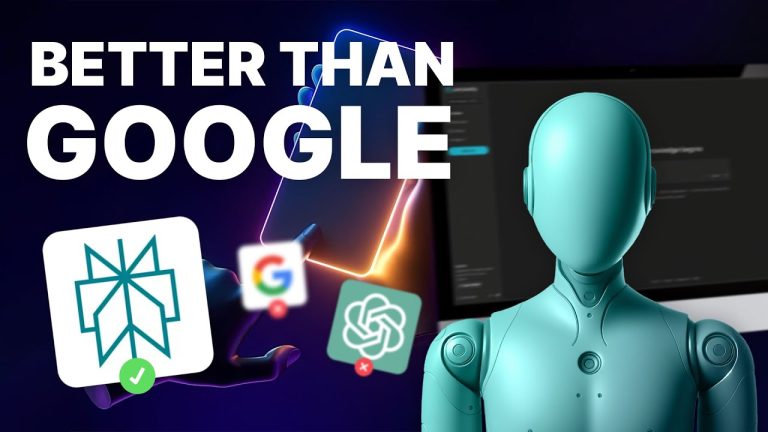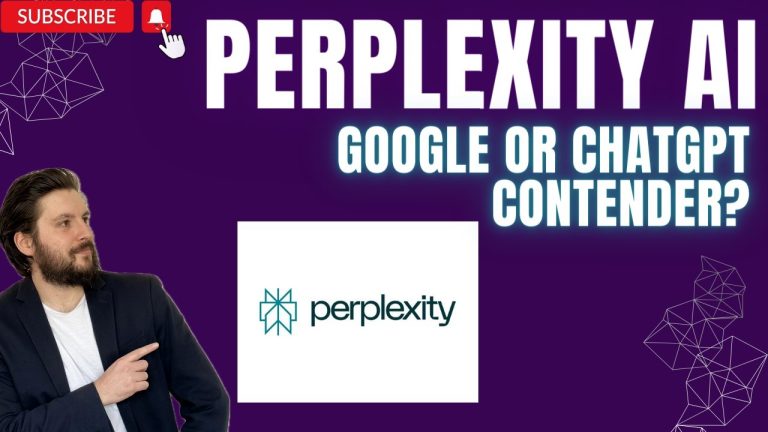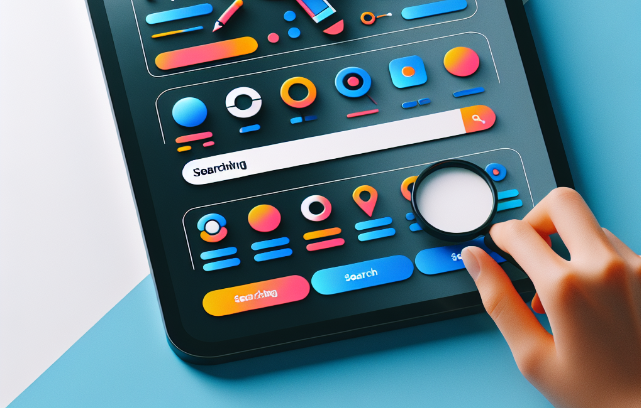Comparison of Google Search and AI: What You Should Understand
AI-powered search startups like Ark and Perplexity could pose a threat to Google’s dominance. Google may need to watch out for disruptive generative AI startups that offer a cleaner and more user-friendly interface. This could potentially lead to Google falling behind in the AI race. It’s not just about market share, but how Google’s search could be disrupted. These new startups are gaining traction in the knowledge economy worker demographic, showing potential to replace Google in the search space. 🚀
AI vs. Google: Disruption ahead? 🤖
One of the hottest topics in tech right now is AI-powered search and its potential impact on the dominance of Google. With new startups like Arc and perplexity entering the scene, the concern is whether these generative AI engines pose a real threat to Google’s search supremacy. Wall Street is speculating if Google’s traditional search and advertising models could be at risk as these AI-powered search engines gain momentum.
Battle of the engines
Let’s take a closer look at how these new generative AI startups like Arc and perplexity are challenging Google.
| Arc | |
|---|---|
| Neat layout of information | Cluttered display |
| Clean user interface | Presence of ads |
| Competitive experiment | Traditional approach |
As the fight for search dominance intensifies, can Google maintain its lead in the AI race?
Adapting to change: Google’s response 🛠️
The tech giant is not sitting idly by amidst these challenges. Google has its own version of generative AI experimental search aimed at providing a cleaner response similar to that of Arc and perplexity. However, Google hasn’t fully embraced this technology for all users, possibly due to the fear of cannibalizing its existing business model.
“The early days of AI-powered search engines show that disruption to Google is a real possibility. I’m using AI as a copilot in my research, and I hear the same from knowledge economy workers. AI’s interface is proving to be the game-changer.” – Tech Enthusiast
Incorporating AI into its search and advertising methods is a crucial decision for Google as it navigates the rapidly evolving landscape of tech innovation.
AI’s niche: The knowledge worker’s tool? 📚
Who exactly is utilizing these new AI-powered engines? According to the founder of perplexity, knowledge economy workers are the primary consumers of their app. Moreover, feedback from San Francisco indicates that people are considering the use of AI engines as an alternative to Google search, not just for their efficiency but also for their cleaner and more focused interface.
Conclusion
The landscape of search engines is evolving, with AI-powered startups like Arc and perplexity making waves in the tech industry. It’s not simply a battle of traditional vs. AI; it’s a quest for cleaner interfaces, ad-free search, and qualitative responses. While Google’s dominance remains strong, innovation in the AI sector presents an intriguing narrative for the future of search engines. 🚀
Key Takeaways
- The rise of new AI-powered search engines poses a potential threat to Google’s dominance.
- Google’s cautious approach to integrating AI into its search and advertising methods reflects its concern over impacting its current business model.
- AI engines are finding a niche audience among knowledge economy workers looking for cleaner, more focused interfaces.
FAQ
Q: Will AI-powered search engines replace Google soon?
A: While not an immediate threat, the innovative interface of AI engines is compelling users to consider them as an alternative to Google.
Remember that search engine capabilities continue to rely on a range of factors such as UI, UX, and user adoption to appeal to tech enthusiasts. So, buckle up as the AI vs. Google saga unfolds further!







